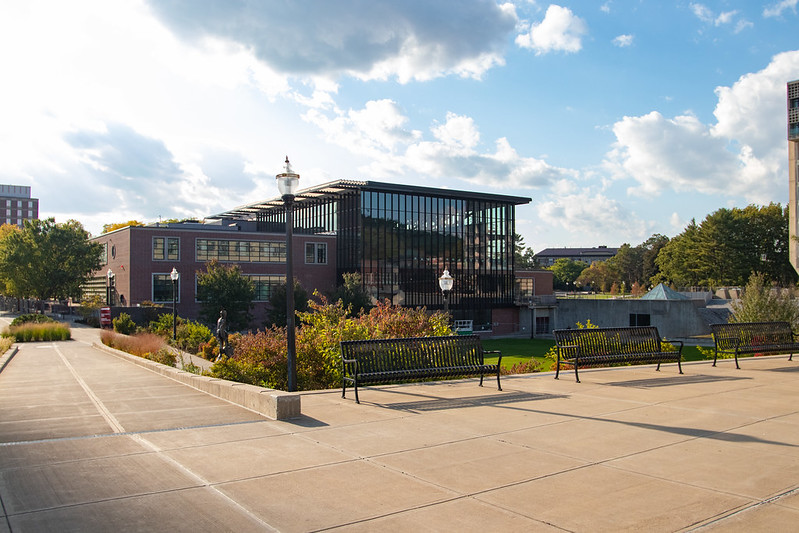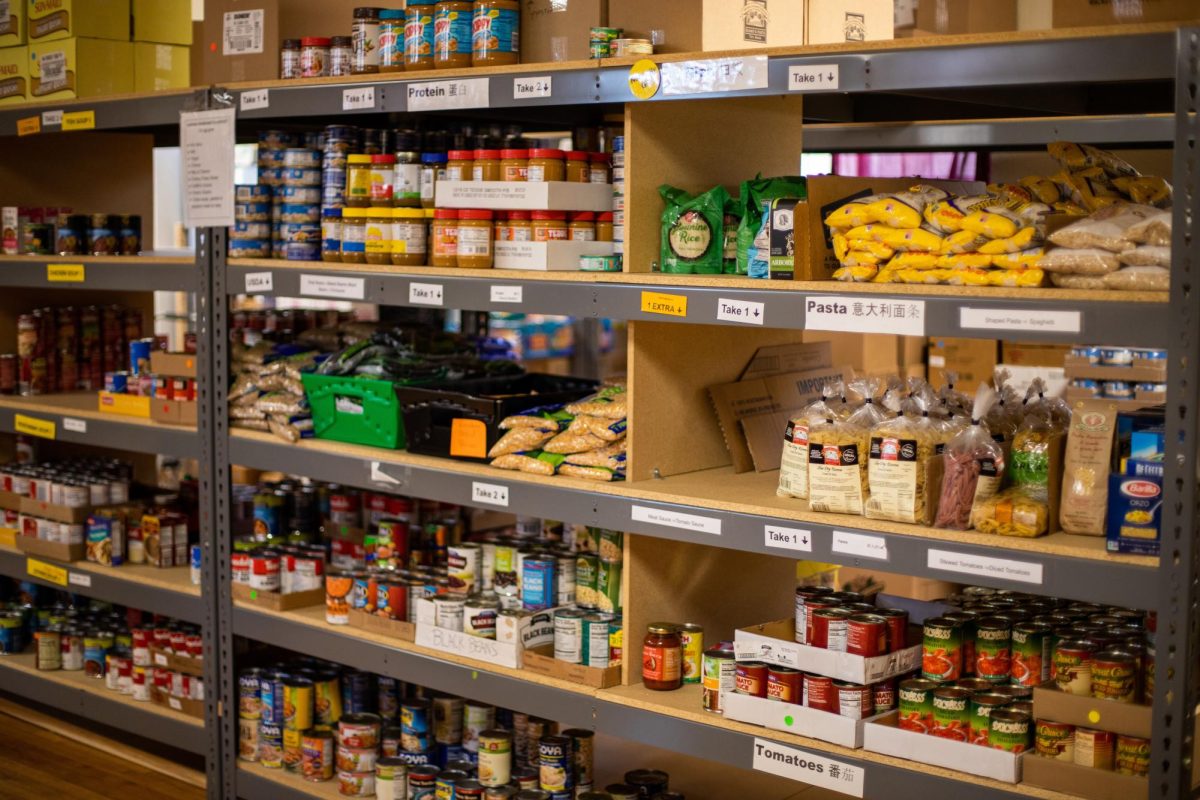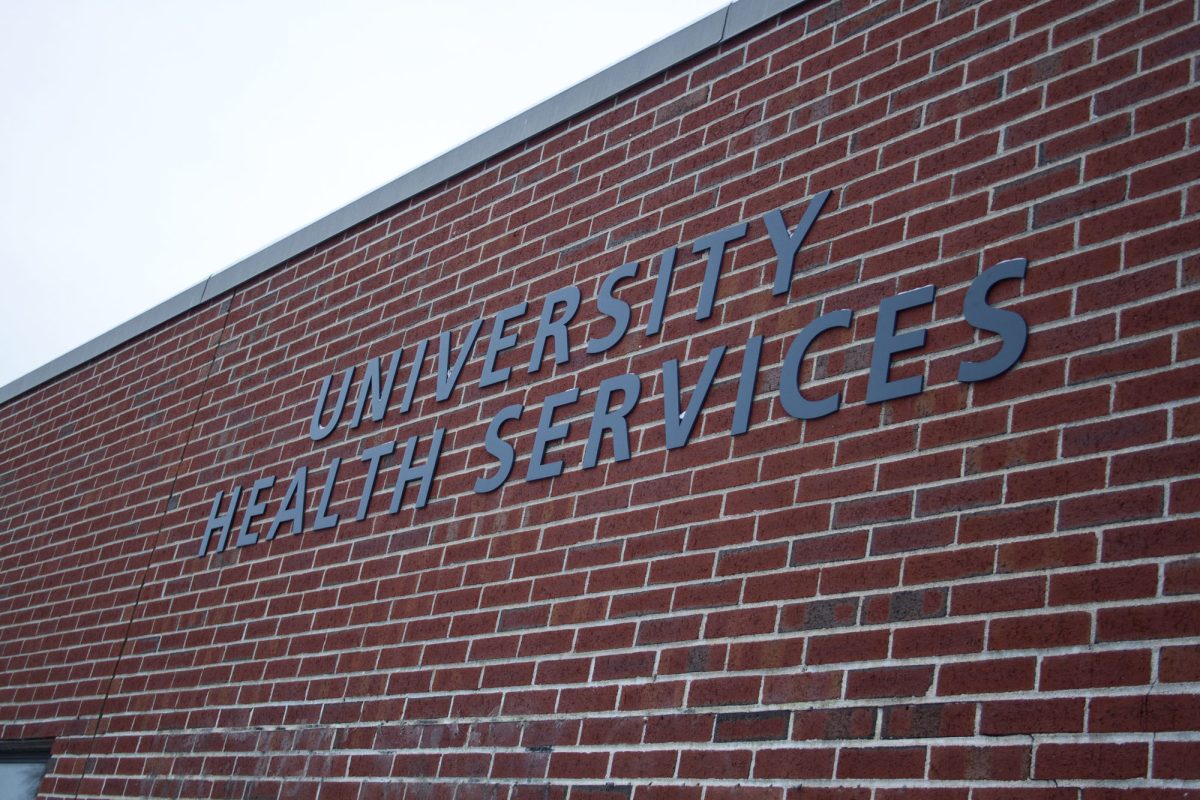In recognition of Autism Awareness Month, the student organization Autism Speaks U hosted a speaker and a panel on Thursday evening to discuss autism in the community and relate personal experiences.
Keynote speaker Jan Doody, director of Community Resources for People with Autism, gave a talk titled “Autism and the Community: Relationships, Supports, and Meaningful Participation” to start the event.
Community Resources for People with Autism was founded in 1989 by parents that did not have help and services for their children with autism. The idea behind Community Resources is so, “people with autism can become more a part of the community,” Doody said, adding that autism was once “considered a low incidence condition.” Community Resources works to help create autism awareness and acceptance and create an inclusive community for families and individuals.
Community Resources serves more than 1,600 families in Western Massachusetts.
“One mission is education, like what we’re doing today,” Doody said. “We’re about the lives of people with autism and community inclusion was a real focus, and it still is today. It’s a strength based model – our goal is for children with autism to fully reach their potential and to be included in their communities.”
Autism is a disability that can be misunderstood, especially with a definition that is always changing. Particularly before the 1980s, people with autism had difficulty in society and were often “locked away.” In the 1980s and 90s, there were “bold experiments” with people that had autism, which included putting them in public schools and integrating them into society. From the year 2000 to the current day, there is “still some backlash, there are more special programs, and less emphasis on full inclusion,” Doody said. “Autism is a relatively new diagnosis – it has gone through a lot of different understandings. It’s really seen as a spectrum disorder.”
There are some basic characteristics of autism, which include difficulty making eye contact, difficulty making connections and having joint experiences, communication issues – including limited language and difficulty with conversation, inflection, and using only utilitarian language – and a lack of empathy. People with autism also often exhibit behavioral and sensory issues, including sensitivity to sound, touch and taste. Some also may not respond to extreme heat, cold, or pain.
“It’s a complicated syndrome in a lot of people,” Doody said.
The event stressed the importance of community inclusion for people diagnosed with autism. Community integration involves “meaningful participation, inclusion, and it’s about people being a part of the community, and that’s something we may just take for granted ourselves,” Doody said. “It’s your right to be there with everybody else. It’s important for the person because it’s a better life.”
Doody believes that community inclusion is also important because it can help build families.
“Families can feel very isolated when they have a child with autism,” she said. “Successes in community settings are a great thing. If the public accepts them, it can make them stronger.”
Doody added, “We benefit so much from everything these people contribute to us.”
However, even though there is a large emphasis on community inclusion, Doody said, “Tolerance only goes so far, but the community should be taught to support the person who is having a hard time … Community integration often leads to relationships. … Supports include social skills training, social stories, environmental fixes, and the use of mentors and aides. … We explicitly teach a lot of social skills.”
Following Doody’s talk, there were four panelists who have each had their own experiences with Autism.
Lindsay, a behavior analyst and special education teacher, said, “I believe in full inclusion.” She said that the number of adults with autism in need by the year 2020 will reach 380,000, and people “need to promote success.”
Katherine, a speech pathology graduate student at the University of Massachusetts, has a 15-year-old brother that was diagnosed with autism and she discussed what it is like to live with him, an experience she said, “enabled me to grow up a lot faster.”
Karen, a speech pathologist and therapist, works in an outplacement program with kids between the ages of three and 22 where they can transfer kids back to their home districts, which they have done several times over the past couple of years. She said they need to “maintain a vigilant behavior program.”
The fourth panelist was Doug, who is also a graduate student who recently received his PhD in mechanical engineering. He was diagnosed with Asperger’s syndrome, a disorder on the Autism spectrum.
“People on the Autism spectrum have a lot of potential,” he said, adding that he particularly “focuses a lot on task,” and that “awareness is a big thing – if somebody can live half their life with autism without knowing anything about it, it’s really an uphill battle.”
The event was co-sponsored by the Department of Communication Disorders at UMass, along with grants from the United States Department of Education. Community Resources for People with Autism is located in Easthampton.
Marleigh Felsenstein can be reached at [email protected].



















